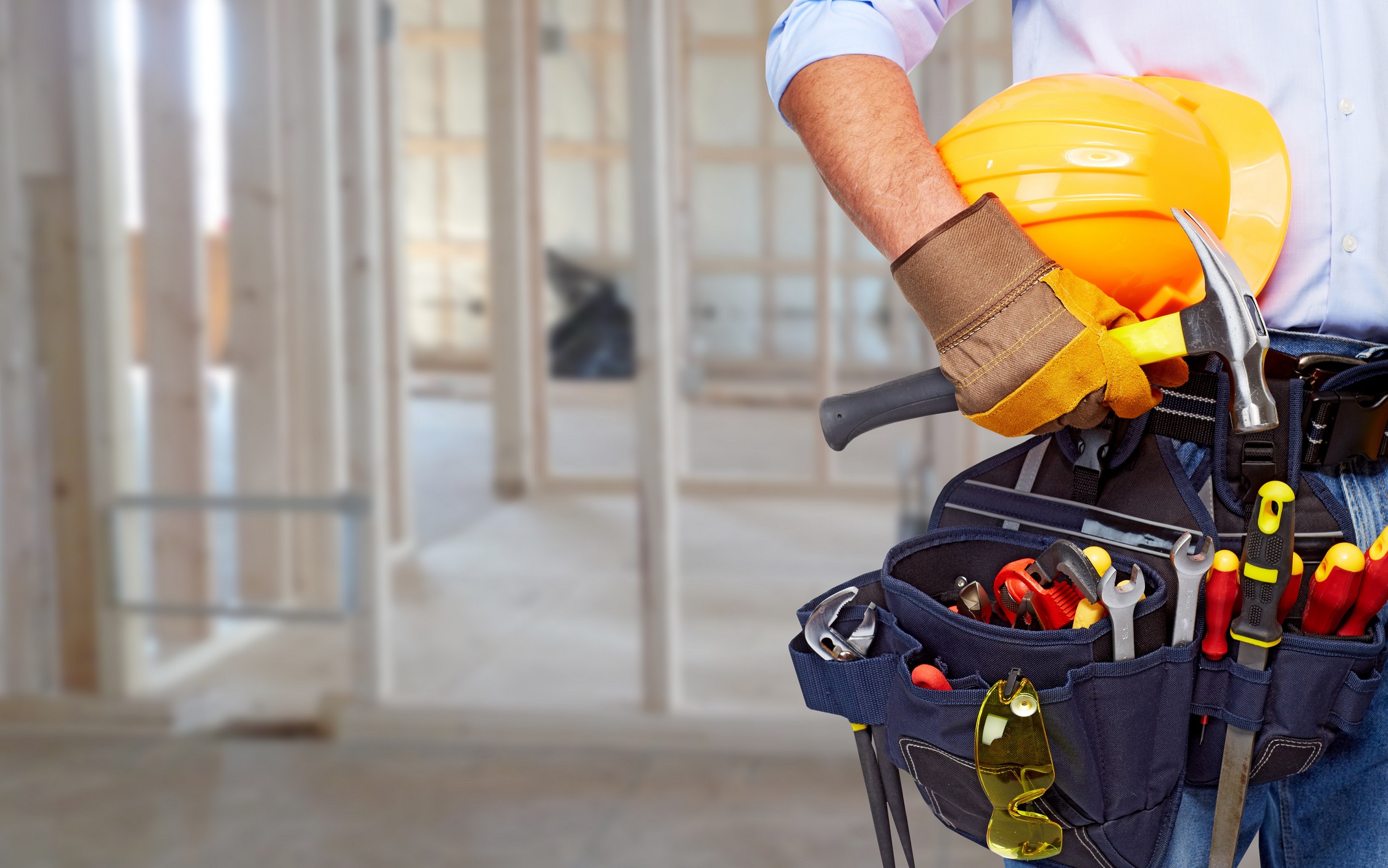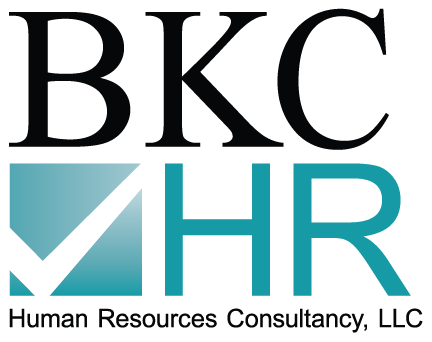 Many homeowners and home improvement contractors themselves are not aware of the various requirements which contractors must comply with when conducting home improvements. Your house is probably your most valuable asset and unfortunately, there are a number of unscrupulous home improvement contractors who seek to take advantage of uninformed homeowners.
Many homeowners and home improvement contractors themselves are not aware of the various requirements which contractors must comply with when conducting home improvements. Your house is probably your most valuable asset and unfortunately, there are a number of unscrupulous home improvement contractors who seek to take advantage of uninformed homeowners.
According to the New Jersey Division of Consumer Affairs website, issues with Home Improvement Contractors top the consumer complaint categories year after year. The New Jersey Consumer Fraud Act (Act) is one of the country’s most far-reaching and comprehensive consumer protections laws. It was drafted to punish wrongdoers and does not take into consideration the good faith of business owners or merchants. The Consumer Fraud Act casts a wide net and it is necessary for all consumers and business owners to be aware of its breadth.
The Consumer Fraud Act applies to any contractors engaged in the business of making or selling home improvements. The Home Improvement Practices Act requires that all contractors engaged in home improvement to be licensed with the State of New Jersey. All home improvement contracts in excess of $500 and change orders must be in writing and signed by the parties. Failure to provide a written contract is a “per se” violation of the Consumer Fraud Act. Per se is a latin phrase that means “by itself or “in itself” or without referring to anything else, something must be accepted because it is self-evident or inherent.
All home improvement contracts must include a detailed description of the work to be performed, materials used, a start and end date, the total cost, the terms of any warranty and shall include a certificate of liability insurance of the contractor attached to the contract.
A successful claimant may be entitled to what is called treble (three times damages), which is punitive in nature. An award of treble damages is mandatory for successful claimants. In addition to treble damages (three times), a successful claimant is entitled to reasonable counsel fees.
Homeowners must be aware that many home improvement contractors violate the New Jersey Consumer Fraud Act by beginning work on hoes without obtaining permits or prior to receiving permit approval. Building permits are generally required for any project that will involve construction or substantial electrical, plumbing, or mechanical work in New Jersey. This includes building new buildings and altering or remodeling existing buildings. It can also include building decks, fences, sheds, tree houses, detached garages, and other separate structures depending on the town’s building regulations.
All Home Improvement Contractors who conduct home improvements in New Jersey must be registered as a Home Improvement Contractor with the New Jersey Division of Consumer Affairs pursuant to the Contractors Registration Act N.J.S.A. 56:8-136 and more importantly, comply with a plethora of regulations promulgated under the Home Improvement Contractor Registration N.J.A.C. 13:45A-17.1 and the Home Improvement Practices Act 13:45A-16.1. Contractors doing home improvements, defined as all construction work that is not construction of a new residence, are also subject to the home improvement practices regulations. Contractors must comply with the Act and the Regulations, or risk costly litigation and monetary penalties. In many cases, a violation of the Regulations, such as failure to provide a written contract, constitutes a “per se” violation of the Act and may subject the contractor to triple damages under the Act.
When contemplating your next home improvement, familiarize yourself with the various requirements that contractors must comply with before starting. It could save you thousands of dollars along with protecting and preserving the value of your most valuable asset: your home.
TIP: For tax purposes, make sure you retain all home improvement contracts and receipts evidencing payment for all home improvements that add to the cost basis of your home. Also provide the contractor with a Form ST-8 Certificate of Exempt Capital Improvement which exempts certain types of home improvements from being subject to New Jersey Sales Tax. It is important to distinguish between an exempt capital improvement and a taxable capital improvement, repair or installation. If the fulfillment of a contract only maintains the existing value of the property, it is a repair and not a capital improvement. Where an improvement results in an increase in the capital value of the real property, it is generally considered that a capital improvement has been performed (See NJ Form ST-8 instructions for further details).
The cost of any improvements you make to your home while you own it are added to its basis. This reduces the amount of gain you’ll realize when you sell the property.
Improvements are more than everyday home repairs, such as painting or replacing a cracked window or a few roof tiles. They include any work done that adds to the value of your home, increases its useful life, or adapts it to new uses. These might include, for example, room additions, new bathrooms, decks, fencing, landscaping, wiring upgrades, new walkways or driveways, kitchen upgrades, plumbing upgrades, and a new roof. Restoring damaged property with something new or like-new also counts.
In addition, assessments for items that tend to increase the value of your property, such as streets and sidewalks, should also be added to its basis.
Contact us for more information. Learn more about our Tax Planning & Compliance Services here. Read more helpful articles here.




